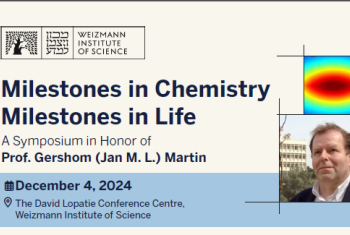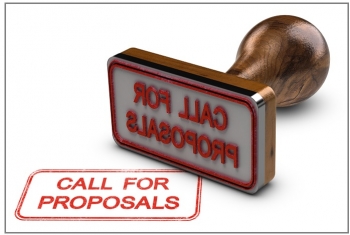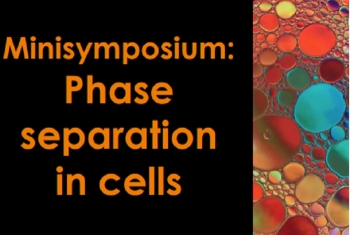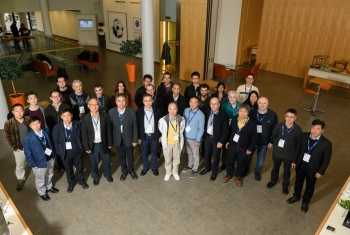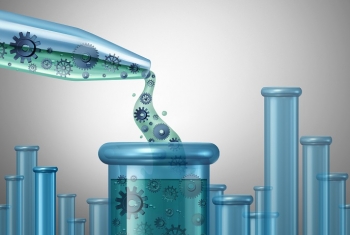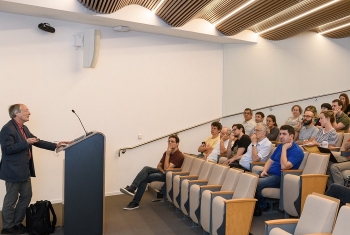In January 2020, the Ben May Center supported a conference that focused on the chirality induced spin selectivity (CISS) effect. Discovered by Prof. Ron Naaman of the Department of Chemical and Biological Physics over 20 years ago, the CISS effect offers a fundamental insight into how energy or information moves through proteins—the biological “wires” that conduct electrons through living organisms.
Attended by 23 invited scientists from the US, Europe, and Israel, the gathering took place at the Leonardo Boutique Hotel, near the Weizmann Institute campus, and featured short presentations and group discussions about the impact of the CISS effect on the future of chemical, physical, and biological research.
